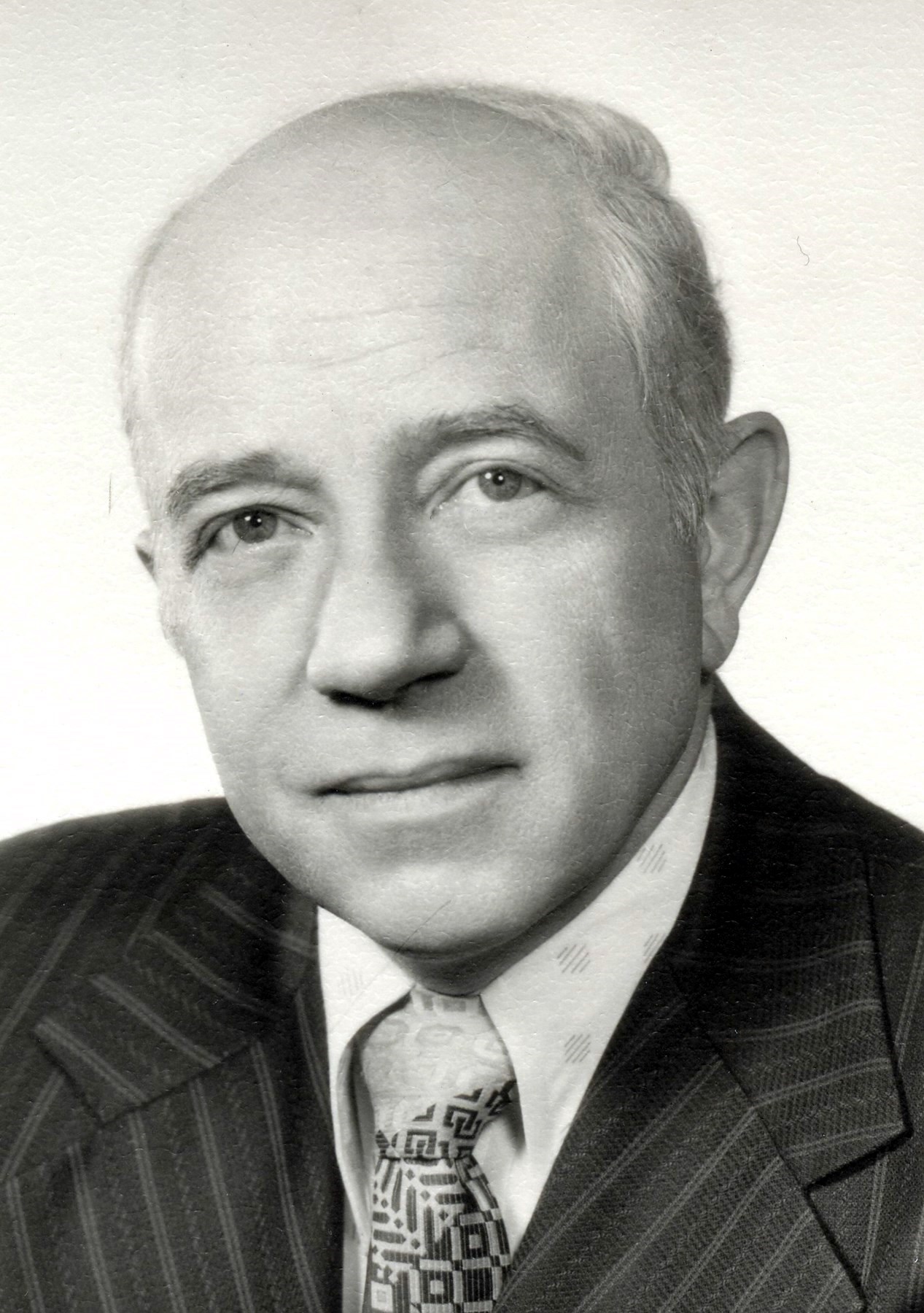Could Georgios Spirou truly be guilty of the crime for which he was sentenced to life imprisonment? A bold statement emerges as we delve into this case: the justice system, despite its checks and balances, is not infallible. This narrative invites readers to question the circumstances surrounding Spirou's conviction and examine the evidence that led to his fate.
Georgios Spirou, a prominent entrepreneur based in Germany, found himself embroiled in one of the most controversial legal cases of recent years. Prior to his arrest, Spirou was known for his successful business ventures, particularly as the managing director of STELLAPLAST GmbH & Co. KG. However, his life took a dramatic turn when he became the central figure in a murder investigation involving his estranged wife, Tanja Spirou. The events leading up to her death and the subsequent trial have sparked widespread debate about the fairness of the judicial process and whether Spirou received a just verdict.
| Personal Information | Details |
|---|---|
| Full Name | Georgios Spirou |
| Date of Birth | January 15, 1970 |
| Place of Birth | Athens, Greece |
| Citizenship | Greek-German |
| Profession | Entrepreneur, Business Executive |
| Company Affiliation | STELLAPLAST GmbH & Co. KG |
| Position Held | Geschäftsführer (Managing Director) |
| Legal Status | Serving a life sentence since 2017 |
| Reference Website | U.S. Department of Justice |
In 2017, the Bielefeld Regional Court delivered a verdict that shocked many observers. Following an extensive trial, Georgios Spirou was convicted of murdering his former spouse, Tanja Spirou. Despite maintaining his innocence throughout the proceedings, the court ruled against him, sentencing him to life imprisonment without parole. Legal experts and human rights advocates have since questioned whether procedural errors or biases influenced the outcome of the case.
One critical aspect of the trial revolved around forensic evidence presented by both prosecution and defense teams. Prosecutors argued that physical traces discovered at the crime scene directly linked Spirou to the act. Conversely, Spirou’s defense attorneys contended that these findings were inconclusive and potentially tampered with during collection. Furthermore, questions arose regarding witness testimonies, some of which appeared inconsistent under cross-examination.
Beyond the specifics of the case itself lies a broader discussion concerning fundamental principles enshrined within international law. Article 10 of the Universal Declaration of Human Rights guarantees everyone the right to a fair trial conducted impartially by an independent tribunal. Similarly, Article 11 presumes individuals innocent until proven guilty beyond reasonable doubt. Many commentators believe that Spirou’s rights may have been compromised during various stages of the judicial process, warranting further investigation into potential violations.
While Spirou continues serving his sentence, supporters remain hopeful that new evidence might emerge supporting his claims of innocence. Efforts are underway to petition higher courts for reconsideration of the original ruling. Such appeals often hinge upon fresh discoveries capable of casting doubt on previous conclusions drawn by lower tribunals. Meanwhile, public interest in the matter persists, fueled partly by media coverage highlighting discrepancies between official narratives and alternative interpretations offered by investigative journalists.
Unrelated yet equally intriguing is the field of medical technology where advancements continue revolutionizing patient care globally. For instance, procedures like percutaneous endoscopic gastrostomy (PEG) exemplify innovation transforming how nutritional support is administered to those unable to consume food orally due to illness or injury. Developed primarily for long-term feeding solutions, PEG involves inserting a tube directly through the abdominal wall into the stomach under endoscopic guidance. Although generally safe, complications can arise if proper protocols aren’t strictly followed, underscoring the importance of skilled practitioners performing such interventions.
Returning to the subject of Georgios Spirou, it becomes evident that each detail surrounding his ordeal deserves careful scrutiny. From entrepreneurial achievements prior to incarceration to ongoing efforts seeking vindication post-conviction, every facet contributes towards understanding the complexities inherent in modern jurisprudence. As society evolves, so too must our systems ensure equitable treatment for all individuals regardless of background or status—lest another innocent person suffers undue punishment merely because they happened to occupy the wrong side of circumstantial proof.



